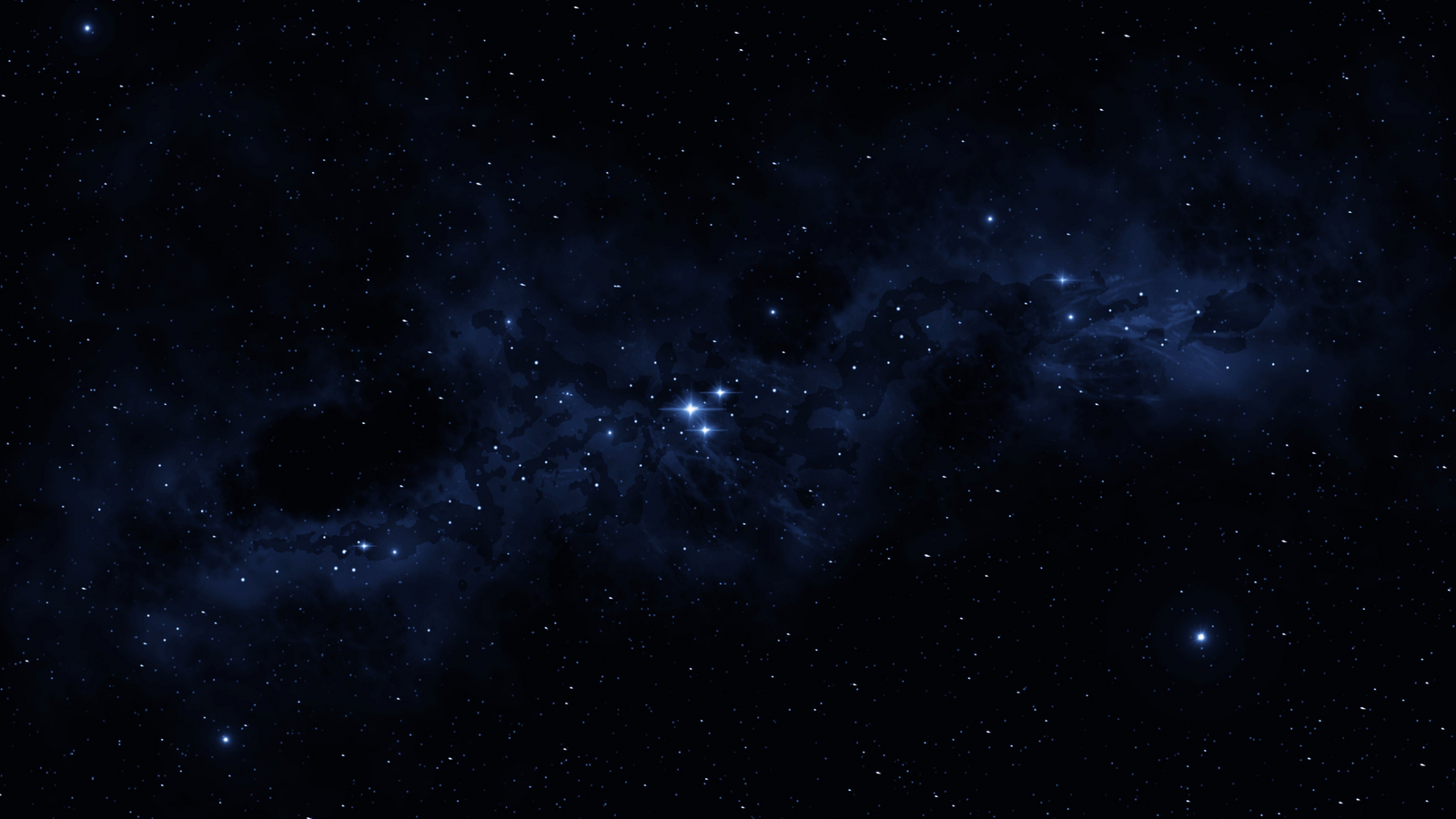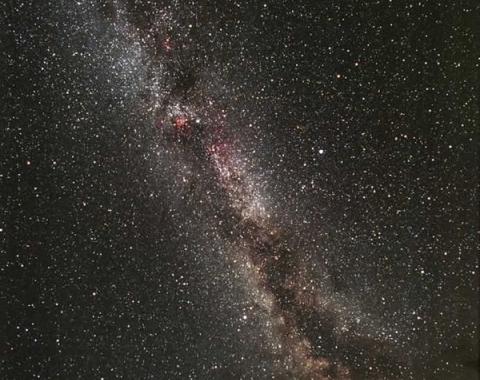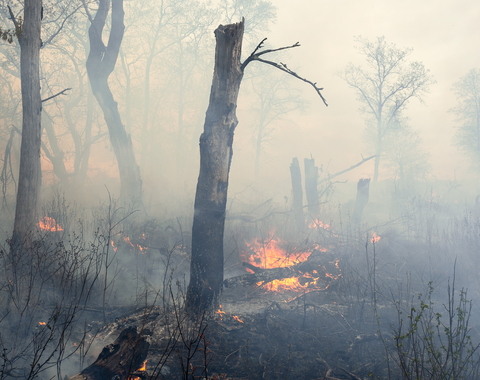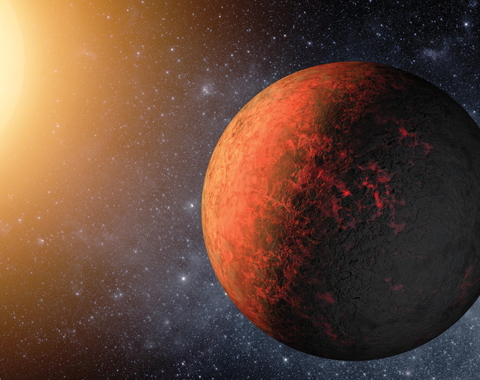Multi-wavelength Explorations of Evolved Stars and Exoplanets
Abstract:
In this talk, I will describe investigations tying together analyses of HST high-resolution UV spectra, and VLT optical/IR interferometric observations and imaging of evolved stars, which enabled tight constraints on their mass loss, atmospheric structure and dynamics, radial extension, and evolutionary stages.
I will also present groundbreaking results from application of machine learning algorithms to TESS light curves data for detecting new exoplanet candidates, and discuss new opportunities to extend science using next-generation ground-base and space telescopes. Finally, I will describe exciting visionary mission concepts in development that will significantly advance our knowledge, from the UV into the IR, of evolved stars' interiors and circumstellar envelopes, and of exoplanets.ltraviolet radiation is particularly damaging to the atmospheres of close-in exoplanets, however, we are currently unable to directly quantify it due to a lack of instruments that operate at these wavelengths. In this talk, I will present two solutions to this problem: 1) the PHOENIX EUV Grid and Stellar Ultraviolet Spectra (PEGASUS) webtool and 2) the Small NASA Ultraviolet Optical Telescope (SNOUT).
Speaker:
Dr. Gioia Rau (NASA GSFC)
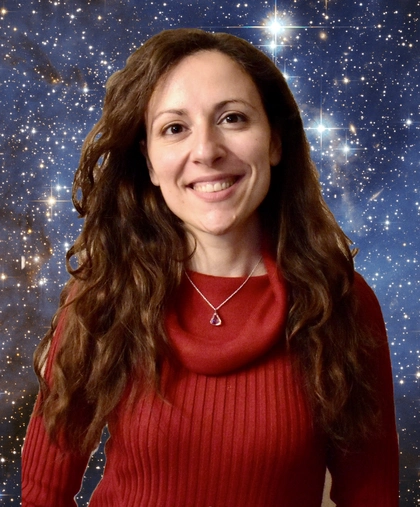
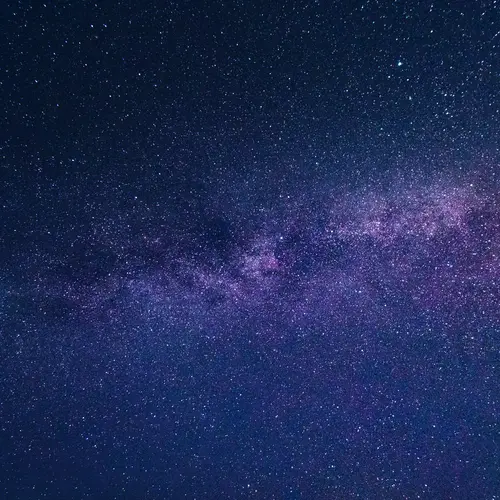
Astronomy Seminars
Astronomy/Astrophysics seminars are held (roughly) weekly on Fridays at 2 pm (ET) on campus in Washington DC.
The seminar is fairly casual, and the audience is mostly astronomers, with some cosmochemists or geophysicists occasionally. The seminar will be hosted in a Hybrid format for Spring 2023.
Full Schedule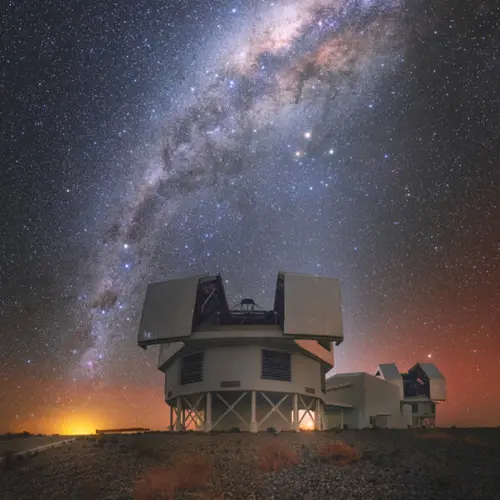
Exploring outer space to find distant planets and understand their origin.
Share your science
You can use this form to nominate speakers (or yourself) for a seminar slot. Note that if we receive more nominations than expected, the speakers will be selected through a vote by the Carnegie EPL Astronomy group.
Nomination Form